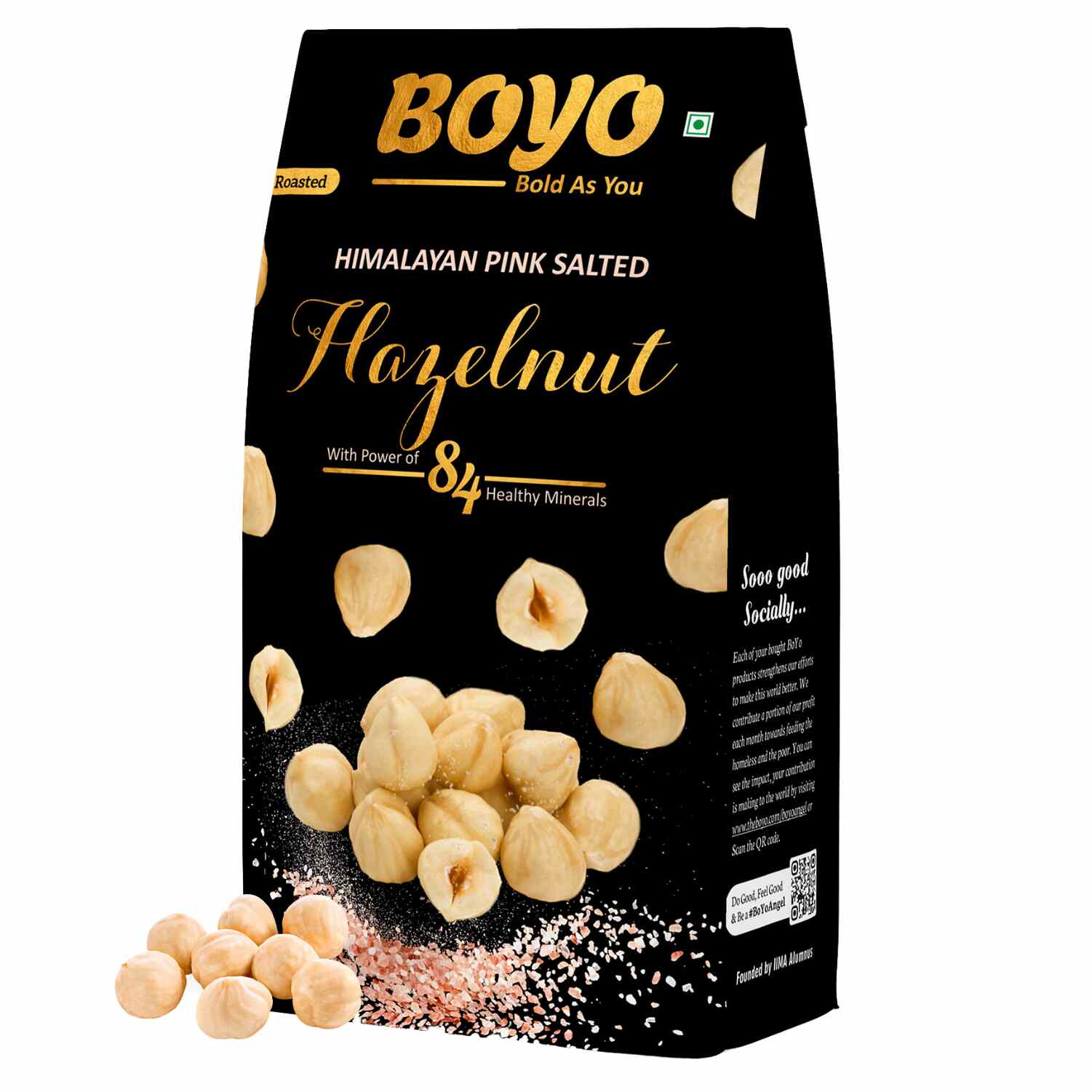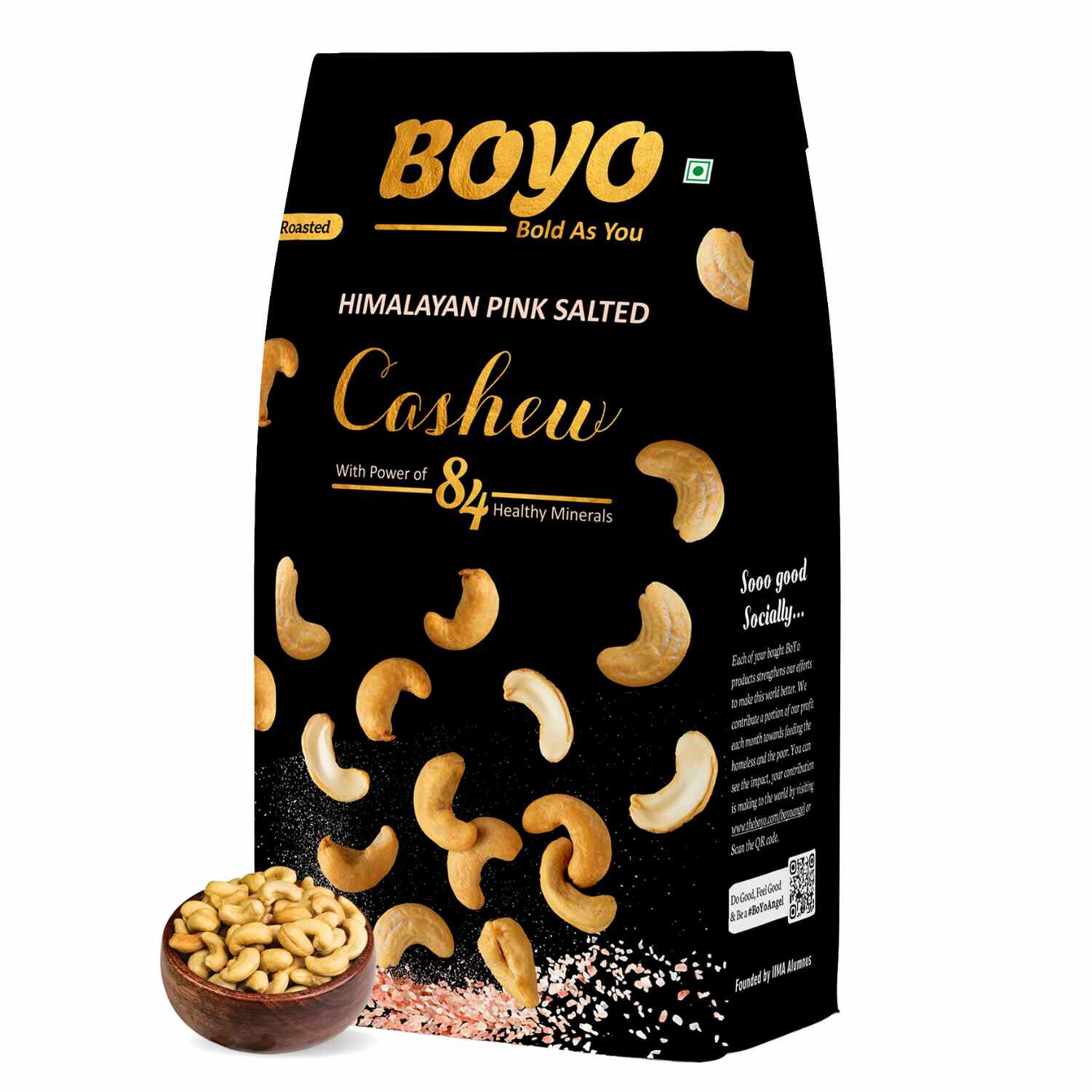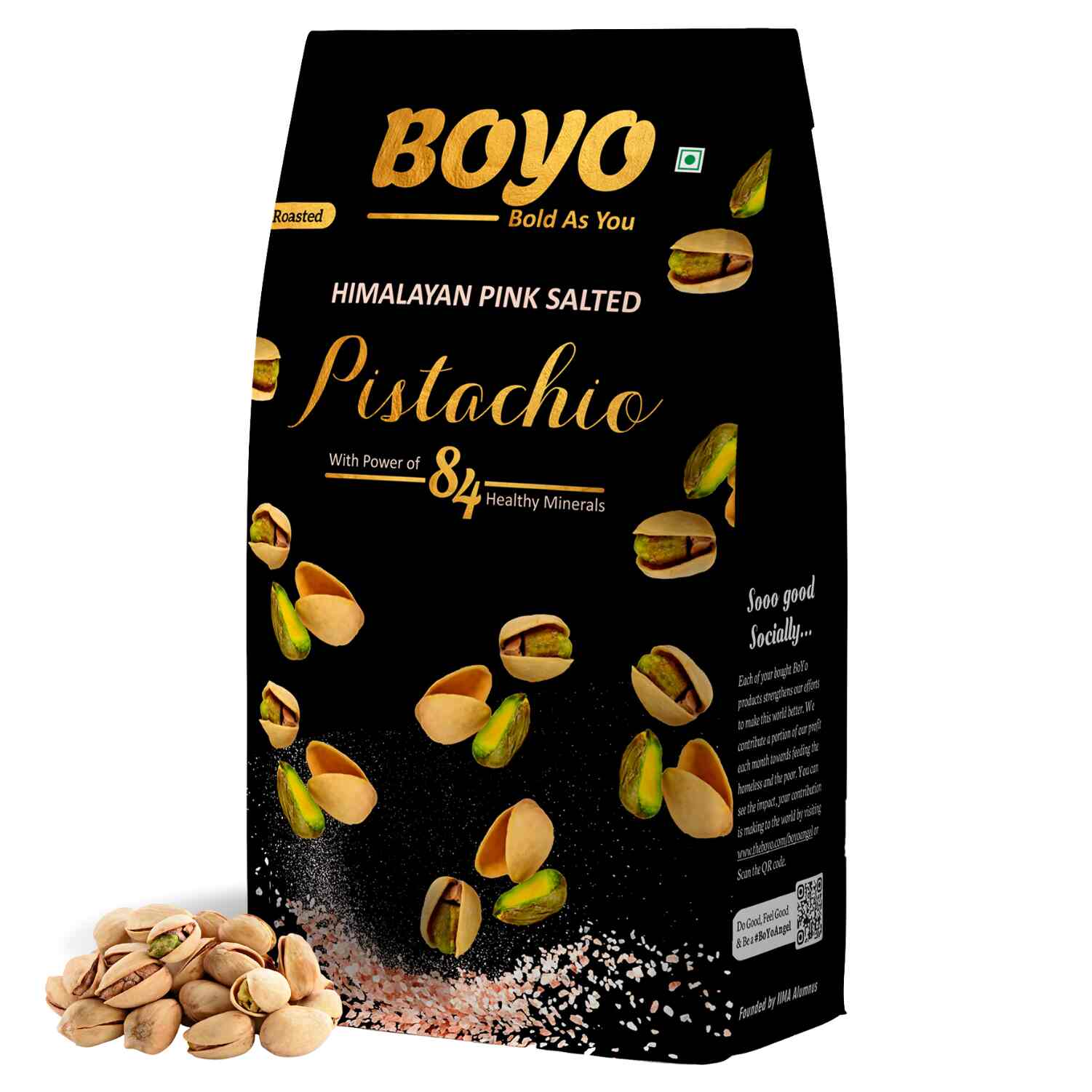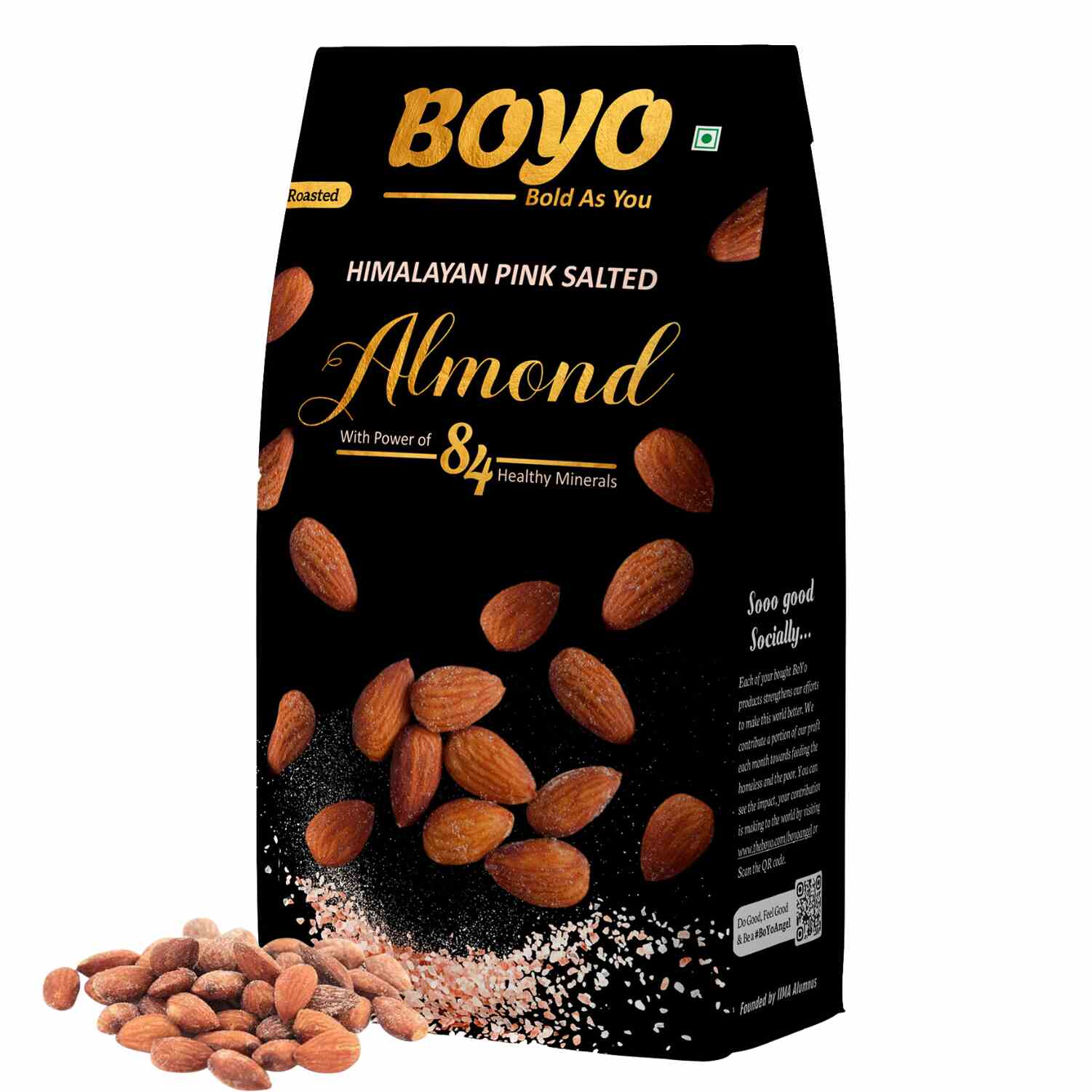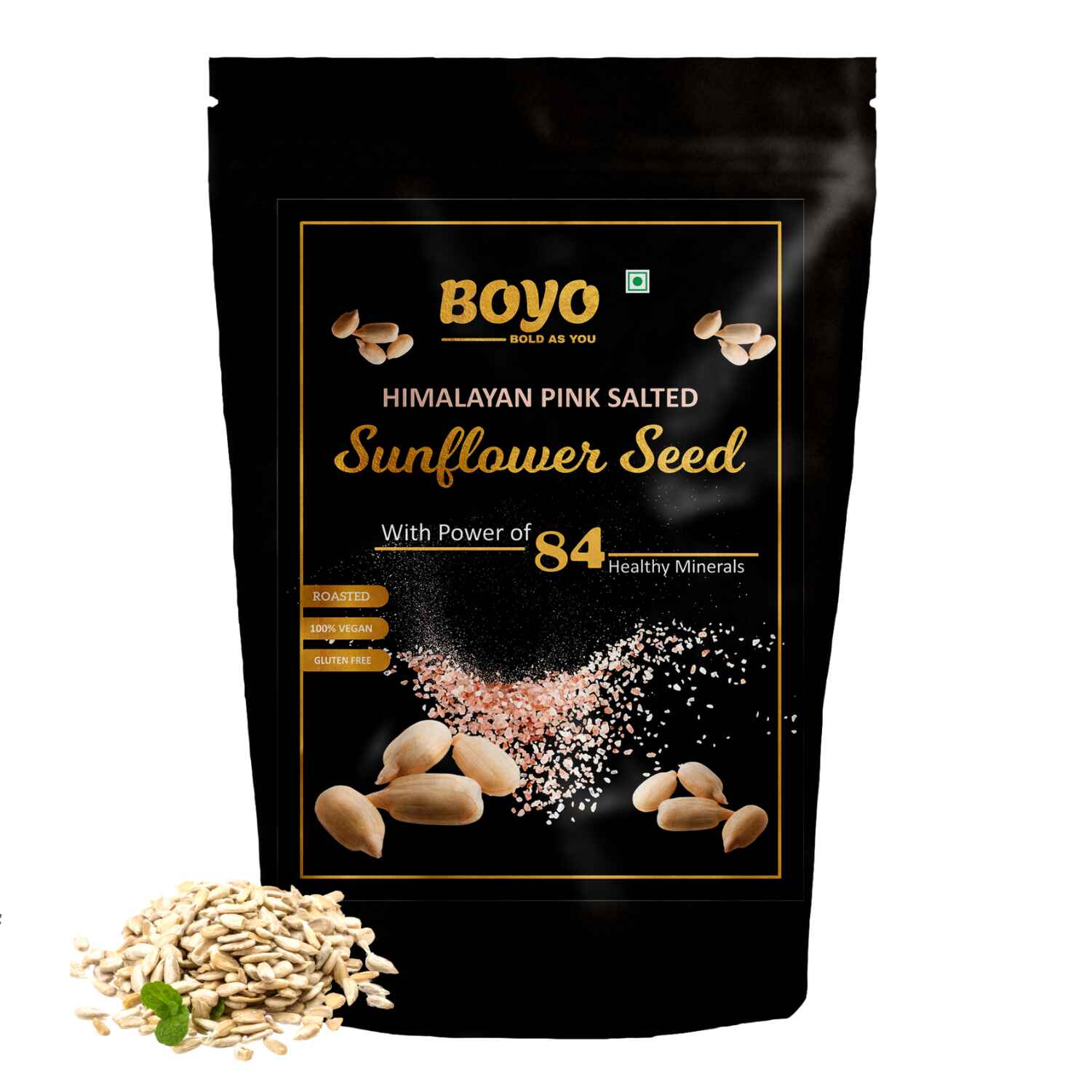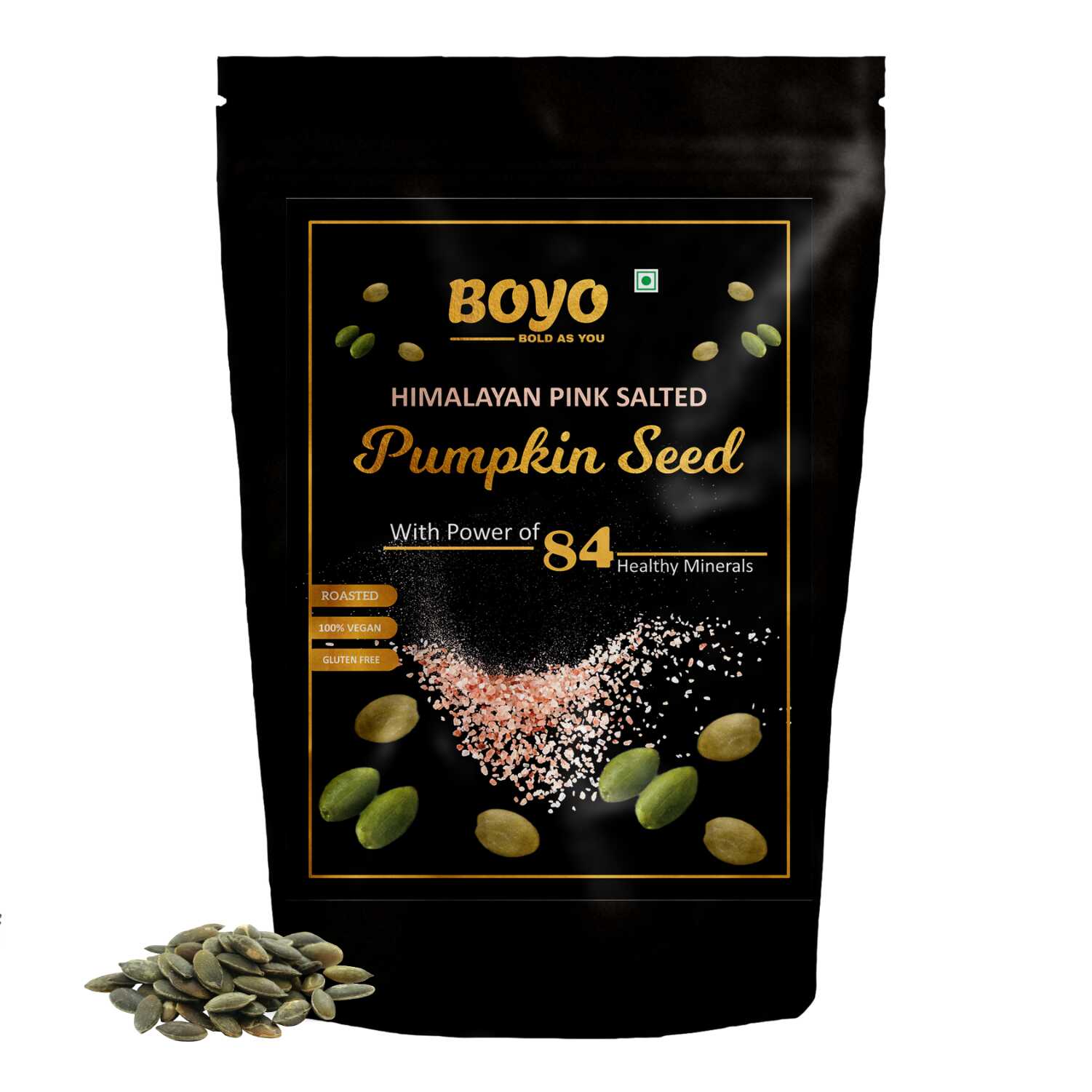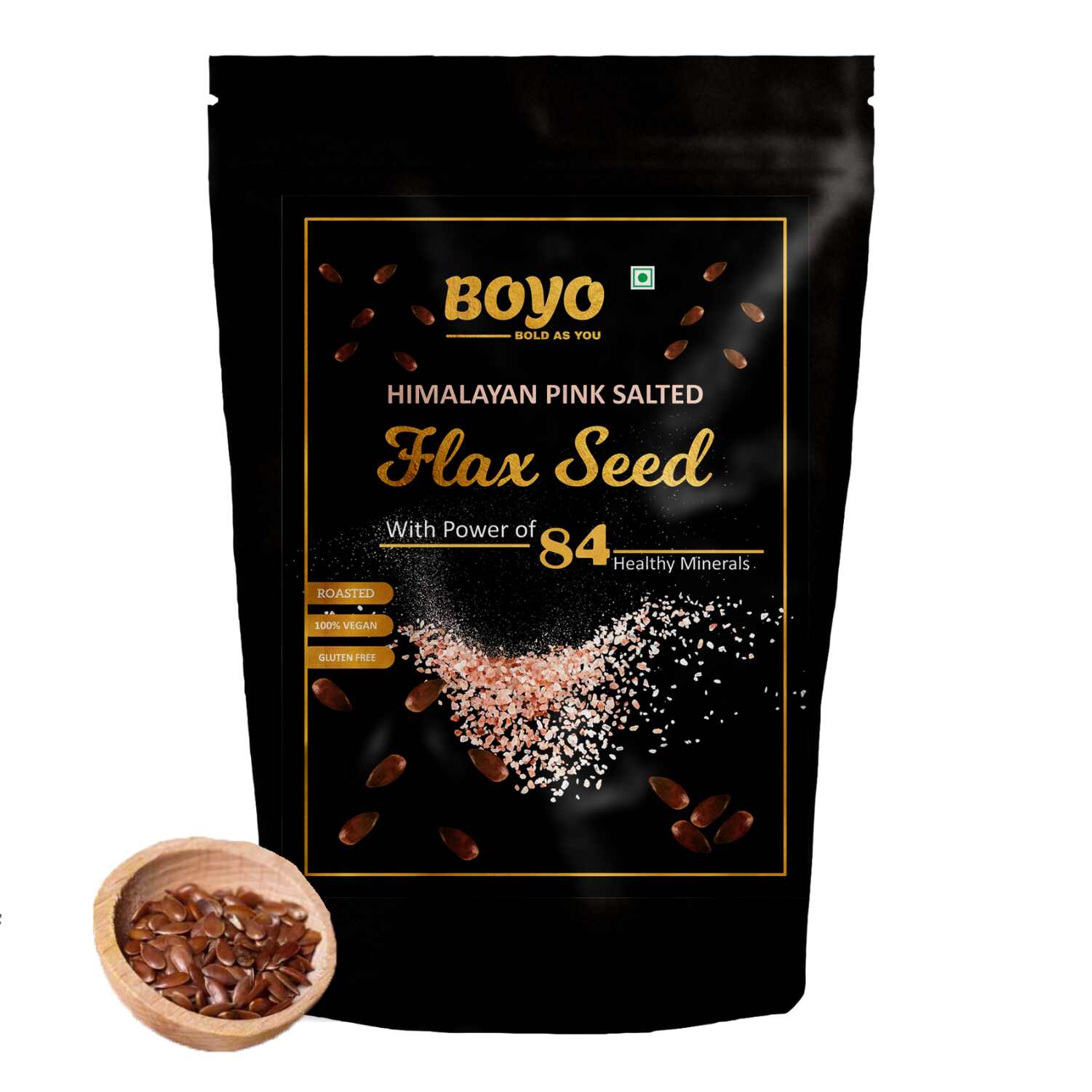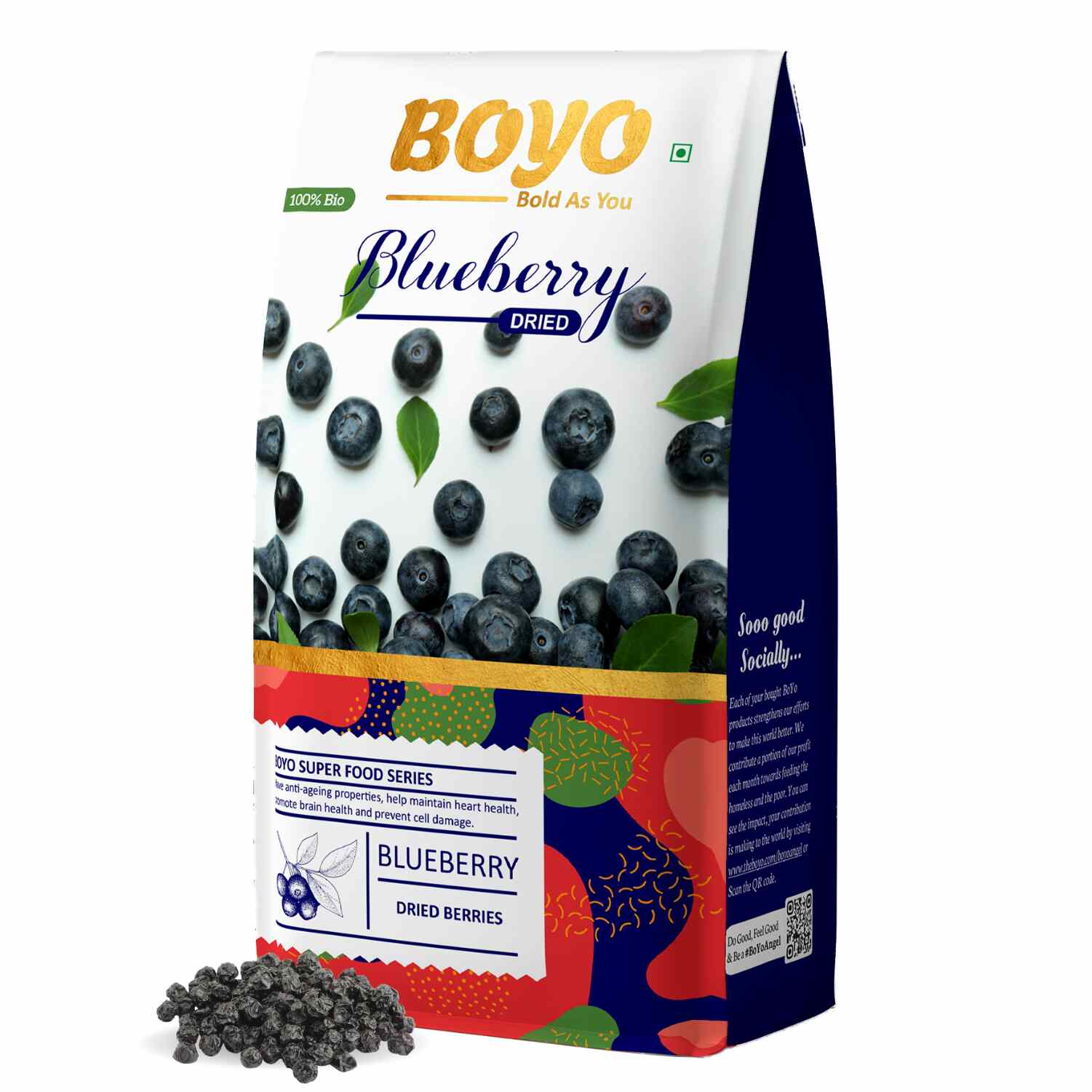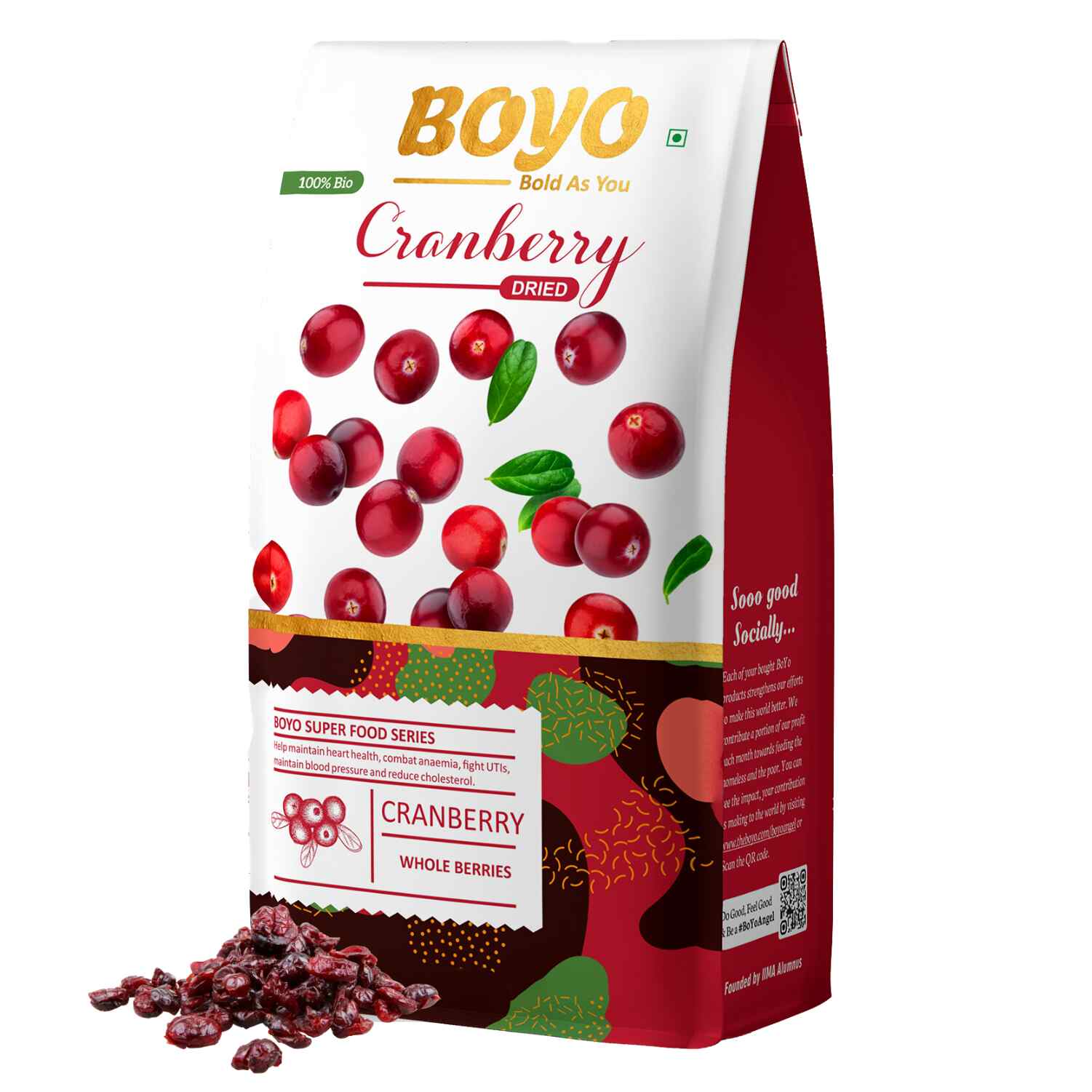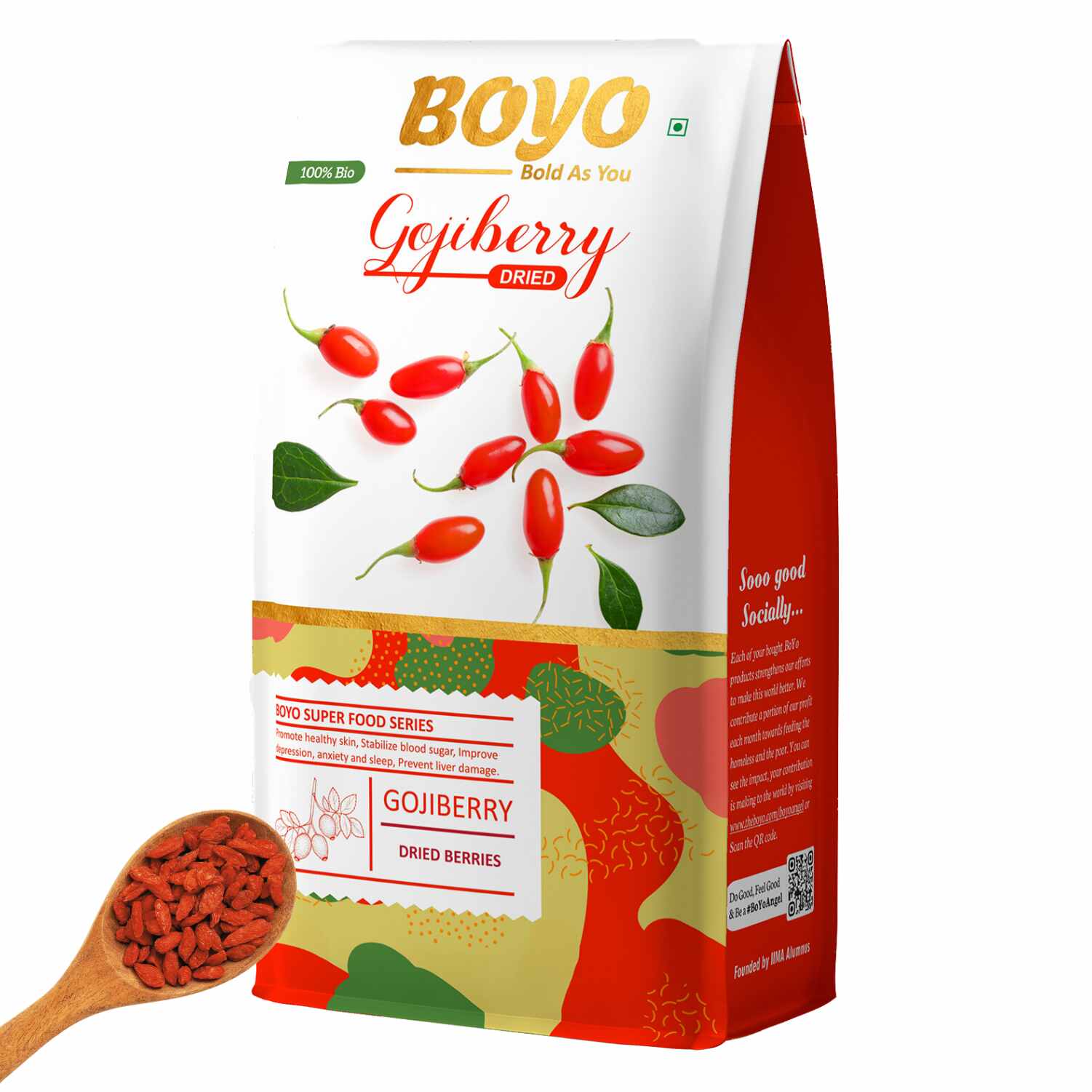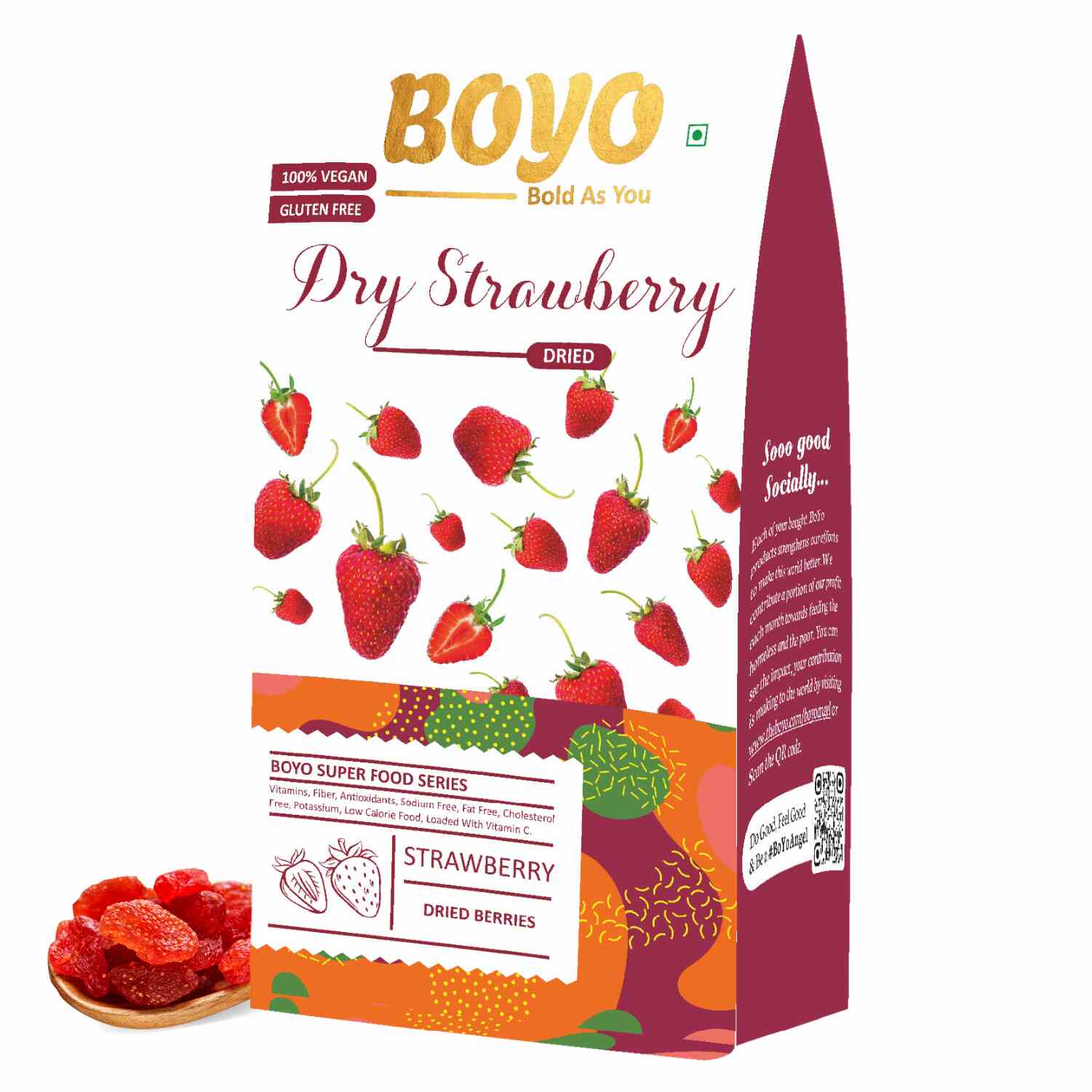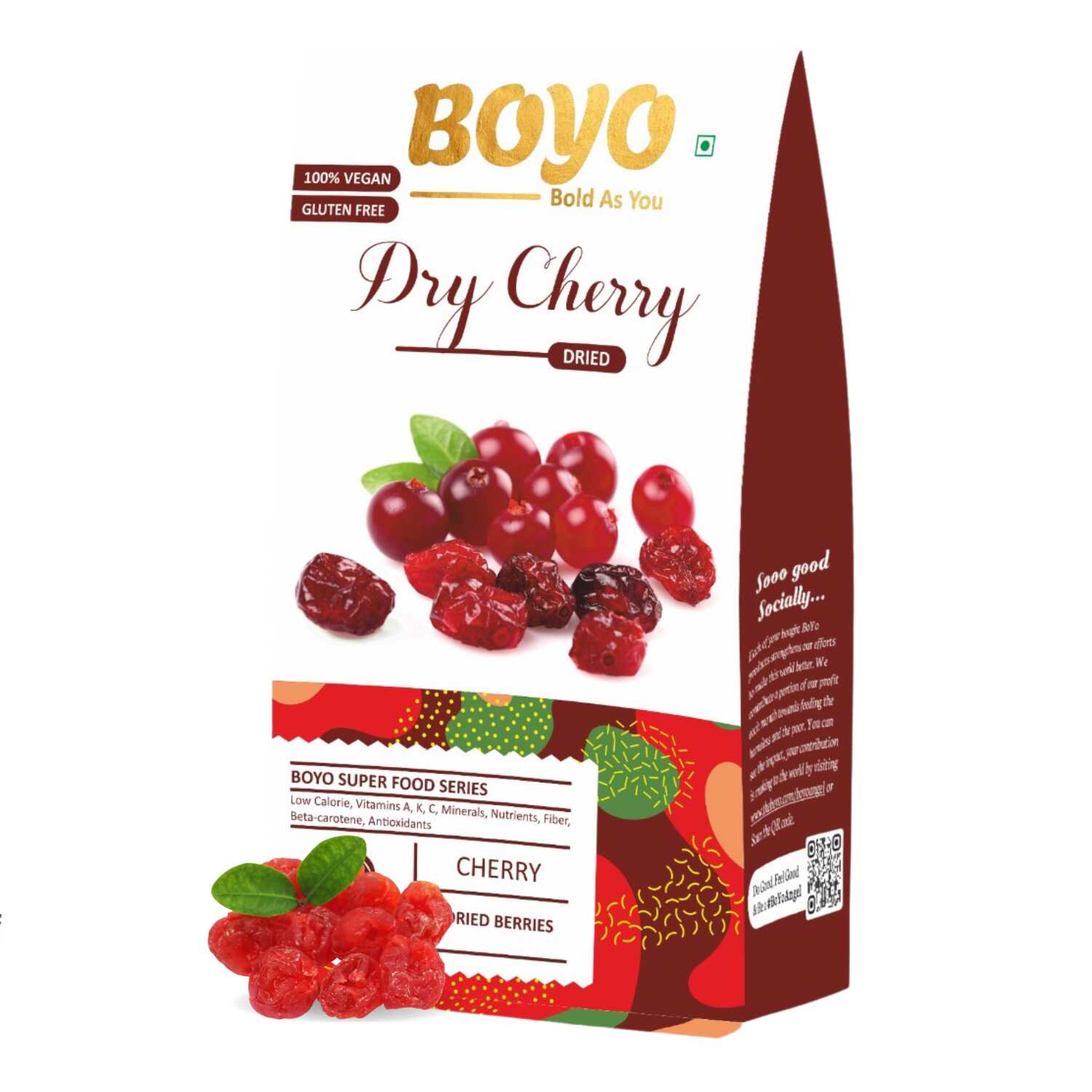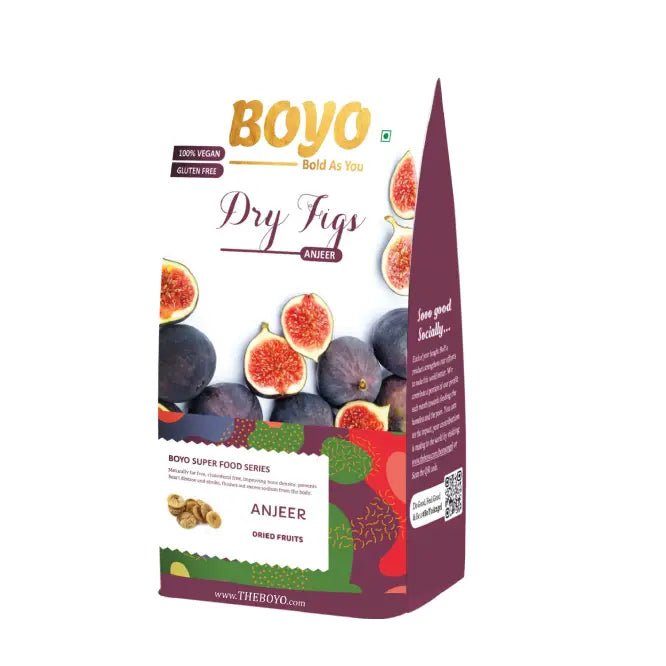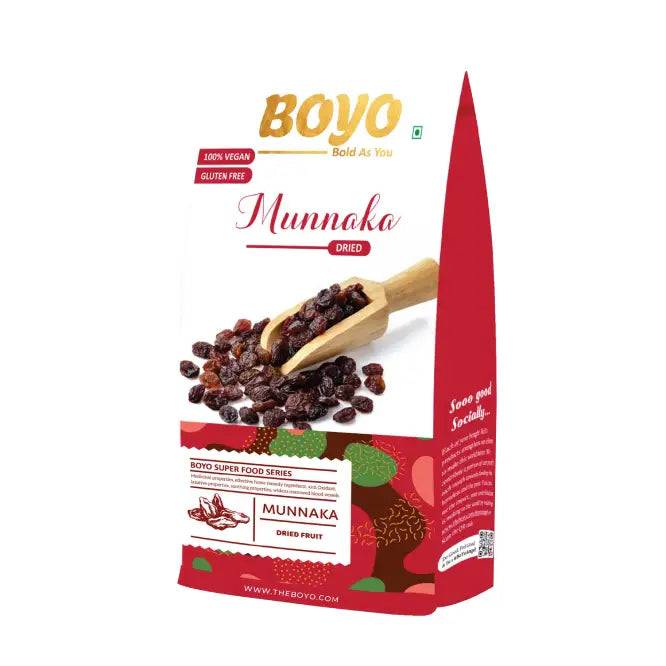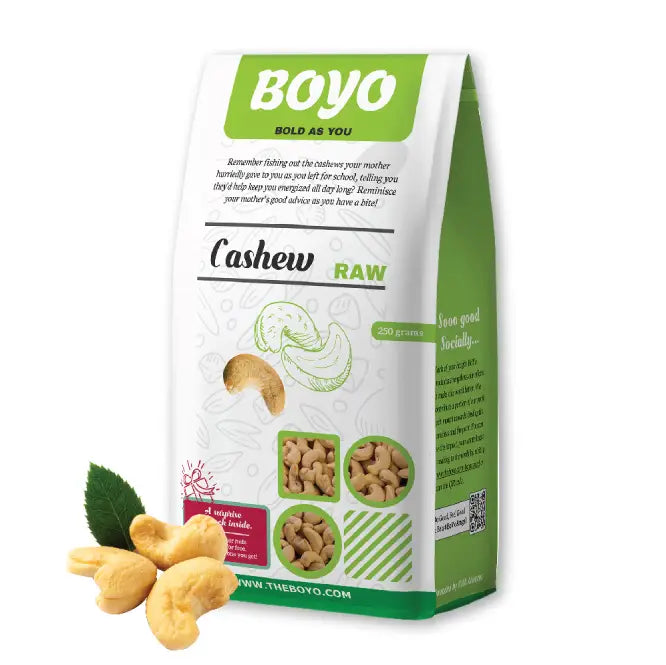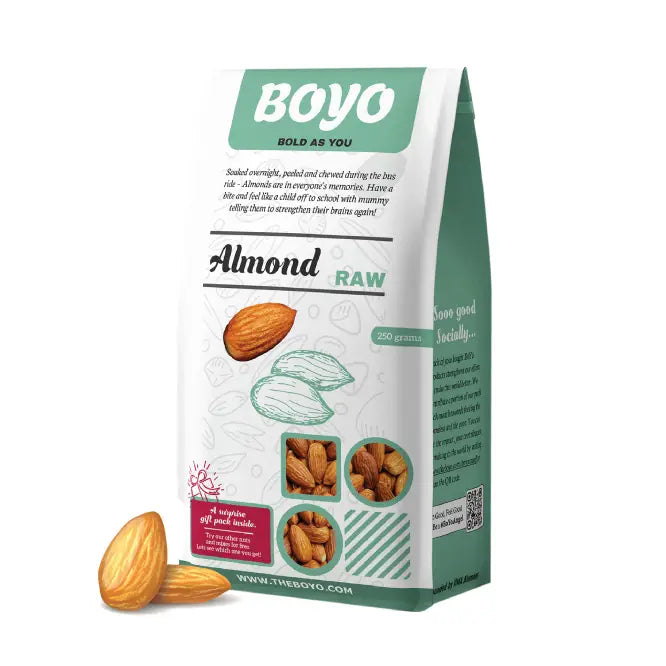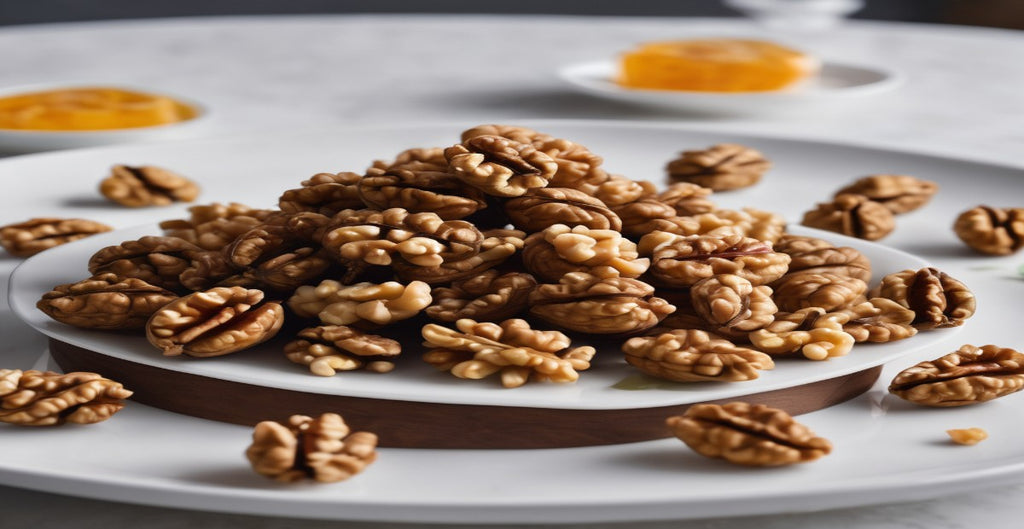
Delicious and Nutritious: Ways to Enjoy Walnuts in Your Diet

Introduction
Walnuts, with their rich flavor and nutritional benefits, are more than just a snack; they're a versatile ingredient that can elevate your cooking. In this article, we'll explore the delightful world of walnuts and discover five creative ways to incorporate them into your culinary creations.
Benefits of Walnut
Walnuts are not only delicious but also pack a nutritional punch, offering a variety of health benefits. Here are some key advantages of incorporating walnuts into your diet:
Rich in Omega-3 Fatty Acids: Walnuts are an excellent source of alpha-linolenic acid (ALA), an omega-3 fatty acid. These essential fats contribute to heart health, help reduce inflammation, and support brain function.
Heart Health: Regular consumption of walnuts has been associated with improved cardiovascular health. The omega-3 fatty acids, antioxidants, and fiber in walnuts contribute to lower cholesterol levels and may reduce the risk of heart disease.
Antioxidant Properties: Walnuts are rich in antioxidants, including polyphenols and vitamin E. These compounds help neutralize harmful free radicals in the body, providing protection against oxidative stress.
Brain Function: Walnuts' omega-3 content may support cognitive function and help maintain brain health, potentially reducing the risk of age-related cognitive decline.
Weight Management: Despite being calorie-dense, walnuts can be a valuable addition to a weight-conscious diet. The combination of protein, fiber, and healthy fats in walnuts helps promote a feeling of fullness, potentially aiding in weight management.
Anti-Inflammatory Effects: The omega-3 fatty acids in walnuts possess anti-inflammatory properties, which may help alleviate inflammation in the body.
Improved Gut Health: Walnuts contain both soluble and insoluble fiber, promoting healthy digestion. Fiber is essential for maintaining regular bowel movements and supporting the growth of beneficial gut bacteria.
Cancer Prevention: Some studies suggest that the antioxidants and polyphenols in walnuts may have protective effects against certain types of cancers.
Diabetes Management: Walnuts may contribute to better blood sugar control. The combination of healthy fats, fiber, and antioxidants can have positive effects on insulin sensitivity and blood sugar levels.
Vitamins and Minerals: Walnuts contain essential vitamins and minerals, including vitamin E, B vitamins, magnesium, and phosphorus. These nutrients play various roles in overall health, including immune function and bone health.
It's important to note that while walnuts offer numerous health benefits, moderation is key due to their calorie density. Incorporating a handful of walnuts into a balanced diet can be a delicious and nutritious way to enjoy their advantages. As with any dietary changes, it's advisable to consult with a healthcare professional or a registered dietitian for personalized advice.
Nutrition Value as per 100gm
| Calories | 500 Cal |
| Total Fat | 36g |
| Saturated Fat | 3.6g |
| Sodium | 446mg |
| Carbohydrate | 48g |
| Dietary Fat | 3.6g |
| Sugar | 32g |
| Protein | 8.3g |
Vitamins and minerals
- Omega-3 Fatty Acids: Walnuts are one of the few plant sources of alpha-linolenic acid (ALA), a type of omega-3 fatty acid. Omega-3s are essential for heart health and have anti-inflammatory properties.
- Vitamin E: Walnuts contain vitamin E, a powerful antioxidant that helps protect cells from oxidative damage. It contributes to skin health and supports the immune system.
- B Vitamins: Walnuts provide several B vitamins, including:
- Folate (B9): Essential for DNA synthesis and cell growth.
- Niacin (B3): Supports energy metabolism and skin health.
- Phosphorus: Walnuts contain phosphorus, a mineral important for bone and teeth formation, kidney function, and energy metabolism.
- Potassium: This mineral is crucial for maintaining fluid balance, nerve transmission, and muscle contractions.
- Zinc: While present in smaller amounts, walnuts provide some zinc, which is essential for immune function, wound healing, and DNA synthesis.
- Iron: Walnuts contain trace amounts of iron, contributing to the formation of hemoglobin and oxygen transport in the blood.
- Calcium: While not as high as in dairy products, walnuts provide some calcium, important for bone health, muscle function, and blood clotting.
- Phytonutrients: In addition to vitamins and minerals, walnuts contain various phytonutrients, including polyphenols and antioxidants, which contribute to their anti-inflammatory and antioxidant properties.
How to use walnut in recipe
- Walnut and Berry Salad: Toss a handful of chopped walnuts into a salad featuring fresh berries, mixed greens, and a tangy vinaigrette. The combination of textures and flavors is both refreshing and nutritious.
- Walnut-Crusted Chicken: Create a flavorful crust for chicken by coating it with finely chopped walnuts before baking or pan-searing. The result is a crispy, nutty exterior that enhances the overall taste.
- Sweet and Savory Walnut Pesto Pasta: Blend walnuts, fresh basil, Parmesan cheese, garlic, and a touch of honey to create a unique pesto. Toss it with your favorite pasta for a sweet and savory twist.
- Walnut-Studded Banana Bread: Enhance your banana bread by folding in a generous amount of chopped walnuts. The combination of moist bread and crunchy walnuts is a delightful treat.
- Walnut-Filled Pastries: Incorporate finely chopped walnuts into pastry fillings for pies, tarts, or turnovers. The nutty flavor complements the buttery layers of the pastry.
- Walnut Granola Parfait: Layer your morning parfait with homemade walnut granola. Combine oats, honey, and chopped walnuts, then bake until golden. Alternate layers with yogurt and fresh fruit for a nutritious breakfast.
- Walnut-Infused Pancakes: Add finely chopped walnuts to your pancake batter for a delightful crunch. Serve the pancakes with maple syrup and fresh fruit for a satisfying breakfast
- Trail Mix: Create a homemade trail mix by combining walnuts with other nuts, dried fruits, and seeds.
- Walnut-Stuffed Pastries: Experiment with walnut-filled pastries like turnovers or puff pastry twists. The combination of flaky pastry and nutty filling is irresistible.
- Chocolate Walnut Brownies: Enhance classic brownies by adding chopped walnuts to the batter. The nuts add texture and complement the richness of the chocolate.
- Walnut Vinaigrette: Whisk together finely chopped walnuts, olive oil, balsamic vinegar, and a touch of honey for a flavorful salad dressing. Drizzle it over mixed greens or roasted vegetables.
- Walnut and Honey Yogurt Parfait: Layer Greek yogurt with chopped walnuts and a drizzle of honey for a simple yet satisfying dessert or snack.
- Walnut and Cheese Board: Arrange a cheese platter with assorted cheeses, fresh fruits, and a bowl of walnuts. The nuts complement the cheeses and add a delightful crunch.
When incorporating walnuts into recipes, consider toasting them lightly beforehand to enhance their flavor. Additionally, be mindful of any potential allergies when serving dishes with nuts. Experimenting with walnuts in various recipes allows you to explore their versatility and enjoy their unique taste and texture.
How to Store Walnut
- Cool, Dry Place: Store walnuts in a cool, dry place away from direct sunlight and heat. Exposure to warmth and light can cause the nuts to become rancid and lose their quality.
- Airtight Container: Transfer walnuts to an airtight container to protect them from air and moisture. Air can lead to oxidation, affecting the taste and nutritional content, while moisture can cause the nuts to become soft or moldy.
- Refrigeration: While walnuts can be stored at room temperature, refrigeration can help extend their shelf life. Place them in a sealed bag or airtight container before refrigerating. This is particularly beneficial in warmer climates or if you don't plan to use them for an extended period.
- Freezing: For long-term storage, consider freezing walnuts. Place them in airtight freezer bags or vacuum-sealed containers to prevent freezer burn. Frozen walnuts can last for several months without significant loss of quality.
- Avoid Odor Absorption: Walnuts have a porous surface and can absorb odors from the surrounding environment. Store them away from strong-smelling foods to prevent the nuts from taking on unwanted flavors.
- Check for Freshness: Periodically check your stored walnuts for signs of spoilage, such as off odors, discoloration, or a rancid taste. If you notice any of these indicators, it's advisable to discard the affected nuts.
- Shell-on vs. Shelled: Walnuts can be stored either in their shells or shelled. Shelled walnuts are more prone to oxidation, so they require more careful storage. If storing in shells, ensure they are also in a dry and cool place.
- Labeling and Dating: If you're freezing walnuts, label the storage container with the date of freezing. This helps you keep track of their freshness and ensures you use the oldest nuts first.
- Use in Recipes: To extend the shelf life of walnuts, consider incorporating them into various recipes. Using them in salads, baking, or cooking ensures you rotate your stock and enjoy their freshness regularly.
- Purchase in Small Quantities: If you're not a frequent walnut user, consider purchasing smaller quantities to prevent the nuts from sitting too long, especially if stored at room temperature.
Conclusion:
Walnuts prove to be a culinary gem, offering not only a rich and delightful flavor but also a plethora of health benefits. From enhancing heart health with omega-3 fatty acids to supporting brain function and aiding in weight management, the nutritional value of walnuts is impressive. Their versatility shines through creative recipes, whether adding a crunch to salads, creating unique pasta dishes, or elevating traditional desserts. Proper storage ensures their freshness, and with the convenience of freezing, walnuts can be a pantry staple. Embrace the walnut's potential, experiment in your kitchen, and savor the fusion of taste and wellness they bring to your meals.
FAQs
Q1. Can I use walnuts in both sweet and savory dishes?
Ans. Certainly! Walnuts add a versatile flavor and crunch that complements both sweet and savory recipes.
Q2. Are walnuts suitable for vegetarians?
Ans. Yes, walnuts are an excellent source of plant-based protein, making them a great option for vegetarian diets.
Q3. Can I substitute walnuts for other nuts in recipes?
Ans. Absolutely! Walnuts can often be substituted for other nuts like almonds or pecans, depending on the flavor profile you desire.
Q4. Are there potential cancer prevention benefits associated with walnut consumption?
Ans. Emerging studies suggest that walnut consumption may offer cancer prevention benefits due to its rich antioxidant content. The antioxidants, along with anti-inflammatory properties of omega-3 fatty acids, may help combat oxidative stress and inflammation, contributing to potential protective effects against certain types of cancers. Further research is ongoing to explore this promising connection.
















